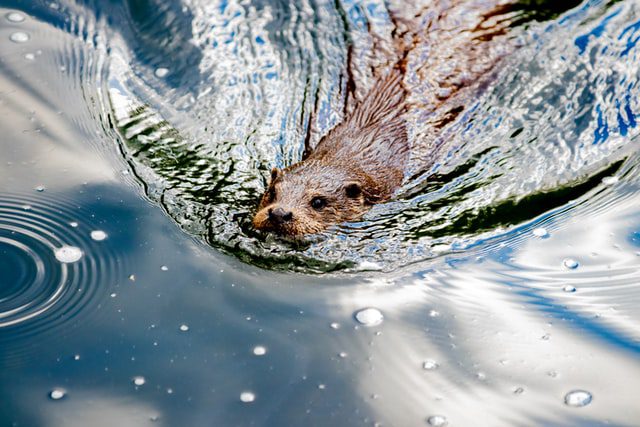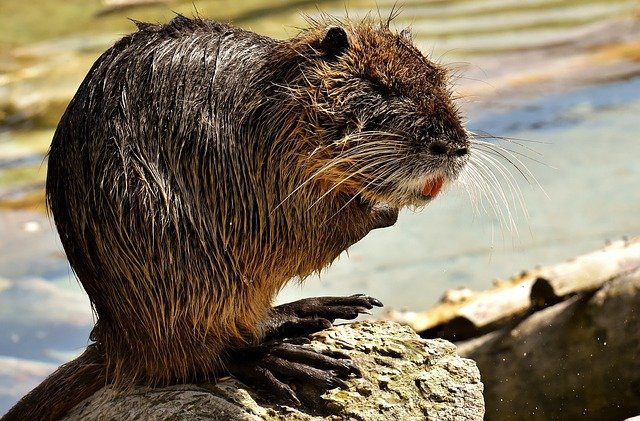
Spain: SARS-CoV-2 spillover infection into wild otters in Valencia
“We present evidence of spillover infection of wild mustelids by reporting the presence of SARS-CoV-2 in a Eurasian river otter found near a water reservoir in the Valencian Community, Spain.” Mutations in the sequencing point to human origin of the virus, although their specific combination was unique
We detected the virus using two different commercial RTqPCR assays on RNA extracted from the nasopharynx (swabbing) and from lung tissue and mediastinal lymph node homogenates. The corresponding samples from two additional otters from distant sites tested negative in identical assays. The diagnosis in the positive otter was confirmed by two-tube RT-PCR assay in which RNA was first retrotranscribed, and then specific regions of the spike (S), nucleocapsid (N), and ORF10 genes were separately amplified from the produced cDNA, followed by electrophoretic visualization and Sanger sequencing. The sequences of the amplified products revealed some non-synonymous changes in the N and ORF10 partial sequences, relative to the consensus sequence. These changes, identified already in human patient samples, point to human origin of the virus, although their specific combination was unique.
Research report: The Finding of the Severe Acute Respiratory Syndrome Coronavirus (SARS-CoV-2) in a Wild Eurasian River Otter (Lutra lutra) Highlights the Need for Viral Surveillance in Wild Mustelids
USA: Otters test positive for coronavirus at Georgia Aquarium
Photo by Andreas Schantl on Unsplash




